C Programming Best Practices – Must know to become an Expert
Welcome to the world of C programming! We all study C in high school or intermediate. But, most of the aspirants or programmers struggle while coding. Today, you are going to get rid of this hurdle. We are going to explore the C programming best practices and rules. These rules are not only for C, but you can also take these rules as a base of all programming languages. So, let’s gather all the shortcuts, tips and tricks to become a better programmer.
Believe in yourself. You are braver than you think, more talented than you know, and capable of more than you imagine. Roy T. Bennett
C Programming Best Practices
It is important to keep the following points in mind while programming in C. Following these rules would help you gain an upper edge over programmers who follow the conventional method and fail to think out of the box. Since the C programming language offers a lot of features, it is up to us if we make the best use of it or not.
15 Tips to improve your coding skills for C
1. Follow the latest rules in the C Standard compiler documentation rigorously. For instance, according to the latest C standards, it is mandatory to use the int data type before the main function and with return 0. Earlier, people generally used the void data type before the main function. It is an obsolete practice and hence one should avoid using it.
Get more details about Standard Library Functions in C
2. Use logical variable names to avoid any confusion.
There are some common identifiers we use to implement some of the most basic concepts.
For instance,
- We generally use the lowercase ‘i’ alphabet is as an identifier while looping in C.
- We usually use the identifier “temp” as a temporary variable to store the value of a variable in certain situations. For example, swapping two numbers involve the use of the “temp” variable.
- We generally use the identifier ‘flag’ as a signal to carry on the next process. It generally holds a boolean value, that is, 0 or 1, or true or false.
Don’t forget to check a complete guide for Variables in C
3. The use of fgets() proves to be safer than gets() function. The gets() function is prone to buffer overflow that may cause your program to behave anomalously.
4. The proper use of escape sequences like \t or \n improves the readability of your code. Be liberal while using them as proper indentation is a good programming practice. Instead of simply using white spaces, it is better to use escape sequences as they help in displaying the output with standard formatting.
Explore how Escape Sequence in C make your coding better
5. Make use of functions whenever the code seems too long and the task that we need to perform is operation specific and multiple. Piling up everything into the main function is absurd. Functions in C helps you to overcome this problem plus it reduces the code redundancy.
6. Don’t use shorthand notations excessively if you aren’t quite familiar with it. Sometimes, it becomes difficult to comprehend.
7. The use of comments in C is a very good practice. It helps you better understand your code. Sometimes, it happens that we write create complicated functions to ease out certain tasks but we end up forgetting their purpose. Hence, it is very important to make the best use of comments to ease our things.
8. Proofread your entire code before compilation.
9. Always save your program before compilation and be careful while giving looping statements. In case your program enters into an infinite loop, you would lose your code.
10. Be careful of syntax and semantic errors.
Revise the concept of the Basic syntax of C
11. Feel free to use bit fields to save computer memory whenever possible. It hardly takes a couple of words to implement bit fields in C.
12. Be careful while performing indeterminate mathematical operations while programming like the division of a number by 0.
13. When initializing the array, avoid specifying the size of the array. Sometimes, it may prove to be deleterious if we enter a size greater than that of the array.
Samurai Technique to learn Arrays in C
14. Never leave pointers uninitialized. It may point to some random memory locations and may cause the system to crash.
It’s the right time to uncover the concept of Pointers in C
15. Make use of the switch statement instead of making complications nested if-statements.
These are some useful C programming best practices, just follow them and conquer the language.
Steps to Improve Coding Skills for C Language
After reading the C programming best practices, it is now important to develop good coding skills. A good programmer not only follows the best programming practices but also knows how to logically approach a given problem at hand.
The following steps would help you improve your coding skills:
- Read the given problem and understand it clearly. It is of utmost importance to clearly comprehend the problem given to us. If you have a vague understanding of the problem, you cannot develop a heuristic approach to solve the problem.
- After clearly understanding the problem, analyze it and list out the various approaches that you think are feasible to solve the problem.
- After listing out the feasible methods to solve the problem, consider all factors in mind and choose the optimal approach that keeps your code as simple as possible. While doing this, keep in mind all the inbuilt functions that might come in handy to solve the problem.
- There are a lot of algorithms available on the net to approach various problems. Either use a pre-defined algorithm to solve the problem or develop your own.
It is preferable for new programming enthusiasts to study and analyze the pre-existing algorithms that have been proposed years ago by proficient programmers and developers. After developing a basic understanding, you may proceed towards building your own. - Don’t be afraid of trial and error. If you are working on a complex program, whenever you are storing modifiable values in temporary variables, use the printf() statement to check the intermediate values to be sure if you’re on the right track.
- Always remember, logic does not come out of anywhere. It comes through persistent practice and eagerness to learn and explore more and more.
- Focus on the fundamentals first because they would always be there with you. Jumping to advanced problems with a vague and ambiguous understanding of the basics and expecting to master the art of programming is like building castles in the air.
- Don’t be afraid of mathematics. Keep in touch with mathematics as it is the base of solving most of the programs that we might encounter while applying for programming job interviews or designing your own application.
- Be sure to take online quizzes to check your fundamentals.
- Instead of focusing on several programming languages, focus on one completely. We usually prefer C and C++ when it comes to the implementation of data structures and algorithms as we generally write them in C/C++.
When talent meets passion, success happens.
Summary
Now that you have learned the C programming Best practices, it’s your turn to apply them and make a program of your choice. You need to send it to us through our comment section so that we can correct you if you go wrong anywhere. Also, if you feel we have missed any best practice here, feel free to share with us through comments. We will add them as well to help others.
Happy Coding!
If you are Happy with DataFlair, do not forget to make us happy with your positive feedback on Google
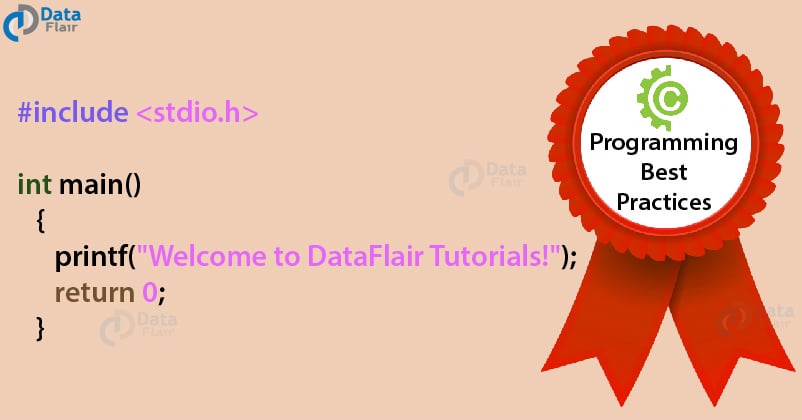
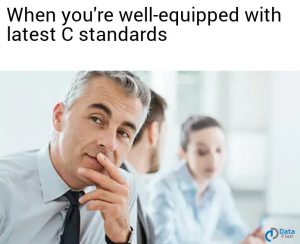
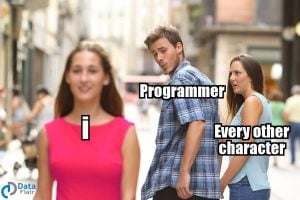

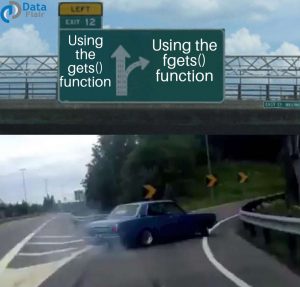
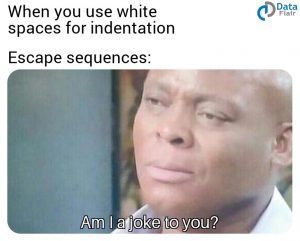
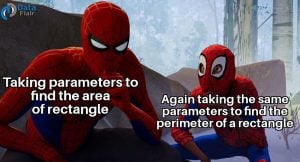
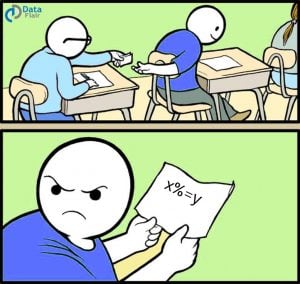
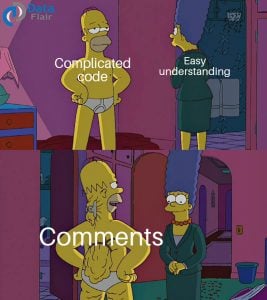
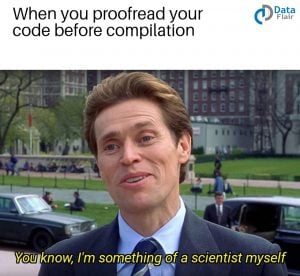
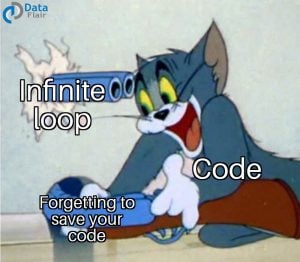
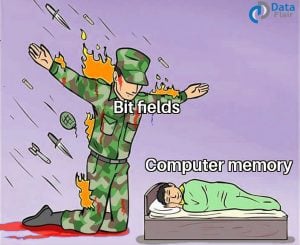
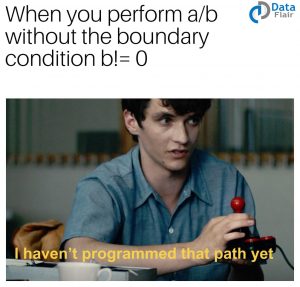
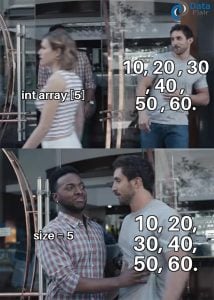
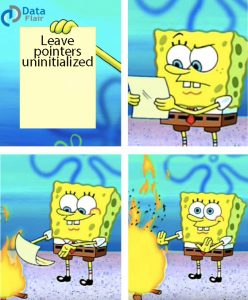


Really, after reading the points under…help you to improve your coding skills .I got an idea to approach a question in programming. Thank you
We are glad that our readers are liking our efforts. Your appreciation means a lot to work harder for you!!!
I was hoping to learn to many programming languages but I’m now settled. Stick to C++! … Got to like this ” Instead of focusing on several programming languages, focus on one completely”
That’s true. master 1 technology to the fullest. Do not miss Free C/C++ Interview Questions
power of this article is that after reading just two line , i bookmarked this article for future revisit.
thanks , who ever write this article deserve a big salute..
thanks once again!
Glad to hear such words from a genuine reader. Let us know if you are looking for any other technology, will be glad to help you!!!
Thanks
I want to learn c language
It’s really helpful for me.
I always get stuck in the same places. on fundamental issues. but really important stuff. I just decided to work on C. Let’s hope to see the benefit. thanks.
Hi guys, I am struggling with coding. And there is this guy in my class who acts like he’s the shit. Any tips??
Seriously after your words, my mind escaped from the dilemma that every error is required for our finesse performance.. I have noticed that many times the programs are linear. But, it includes much more and more practices to solve complicated programs in various ways. Every encryption has a result of decryption. thank You for sharing some good points by your side. This things will be very helpful.